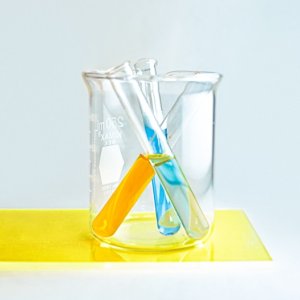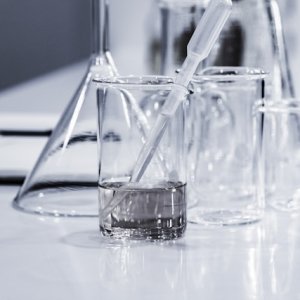
AI Accelerates Drug Development
 By Miriam Bello | Senior Journalist and Industry Analyst -
Mon, 10/04/2021 - 16:39
By Miriam Bello | Senior Journalist and Industry Analyst -
Mon, 10/04/2021 - 16:39
Regular drug development takes an average of 12 years, making it fertile soil for tech solutions to speed up health therapies and bring them to patients sooner while keeping costs down.
Pharmaceutical companies typically spend about US$1 billion in drug development but despite the continuous growth of investment, the return for the final drug has decreased over time. “Because finding new, successful drugs has become so much harder, the average cost of bringing one to market nearly doubled between 2003 and 2013 to US$2.6 billion”, says the Tufts Center for the Study of Drug Development. Furthermore, a company can expect to pay between US$161 million to US$2 billion for any drug to complete the entire clinical trials process and get FDA approval. Moreover, only 13.8 percent of drugs successfully pass clinical trials, found a study by MIT. Ten years ago, every dollar invested in R&D saw a return of US$0.10; today it yields less than US$0.02.
Estimating the potential of approval success is “critical for clinical researchers and biopharma investors to evaluate when making scientific and economic decisions,” shares Oxford Academic. Without up-to-date estimates of the probability of success investors may misjudge the risk and value of drug development, leading to lost opportunities for both investors and patients.
Data plays the largest role on accelerating the development of novel drugs and on estimating success rates as it is the first step for AI to deliver is targeted solutions. According to Nature, AI could ultimately improve drug development in several ways: by identifying more promising drug candidates; by raising the “hit rate,” or the percentage of candidates that make it through clinical trials and gain regulatory approval; and by speeding up the overall process.
“Valuable innovation is increasingly being driven by data and analytics, thus, Astellas has invested heavily to create world-class capabilities in this field because, we clearly see the role that data-derived knowledge plays in the healthcare industry,” said Sandra Cifuentes, LatAm Area Lead of Astellas. The company is using AI to improve its R&D process to accelerate processes, reduce costly errors and deliver even more precise therapies. Cifuentes said that with the explosion of data, innovative science is not just happening in laboratories.
AI-based communication tools are also allowing Within3, a life sciences and healthcare organizations, to connect stakeholders and organizations with physicians, nurses, payers and patients. “The virtual environment created by Within3 allows basic functions such as transcription or language translation through AI, natural language processing and other technologies to collect the most relevant information,” said Lance Hill, CEO of Within3.
AI and other tech tools will continue to help drug discovery and manufacturing and as they become more accessible, they could become commonplace in the pharmaceutical and manufacturing process.
















